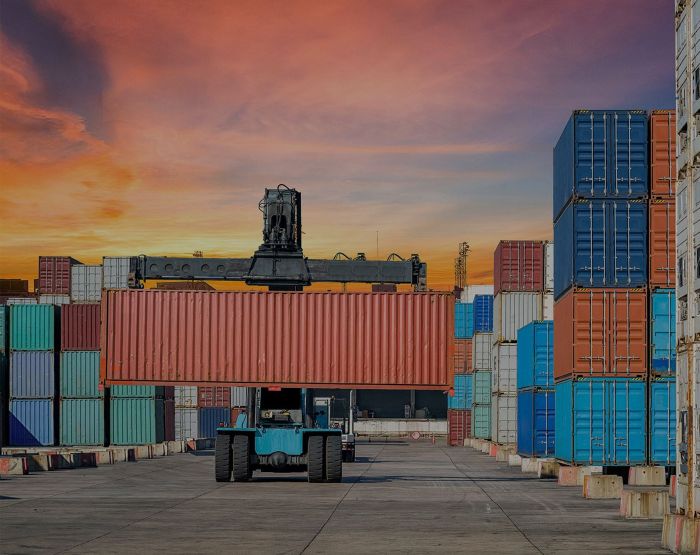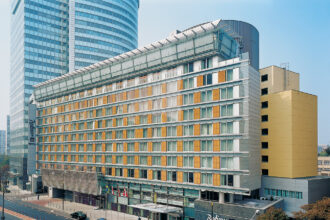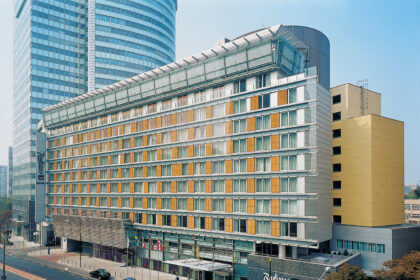At a Glance
- Kenya imports 11,474 tonnes of Nigerian LPG, easing local gas price pressures.
- New Vipingo terminal boosts Kenya’s energy storage and distribution capacity.
- Nigeria shifts from crude exports to refined fuels, fostering Africa-wide trade.
Kenya is taking a new approach to ease the burden of rising cooking gas prices, by looking west, to Nigeria. In what could signal a broader shift in how African nations meet their energy needs, Kenya has received a shipment of liquefied petroleum gas (LPG) from Nigeria, Africa’s biggest oil producer. It’s a quiet but meaningful step away from relying heavily on global suppliers, and toward deeper trade within the continent.
The delivery, 11,474 metric tonnes of LPG, is a milestone for Kenya and a wider turning point in how African countries cooperate on energy. The gas was offloaded at a new terminal in Vipingo, Kilifi County, built and run by Lake Gas, a major logistics firm in East and Central Africa.
The facility can store up to 10,000 metric tonnes of LPG, and positions the company, led by Tanzanian tycoon Ally Awadh, as a key player in Kenya’s gas market. Awadh’s Lake Group already operates across Tanzania, Zambia, the DRC, and Burundi, and is now making firm inroads into Kenya, helping stitch together a continent-wide energy network from the ground up.
Africa’s energy shift begins in Kenya
Located strategically on Kenya’s coast, the Vipingo terminal uses an offshore Conventional Buoy Mooring system to allow gas carriers to discharge cargo nearly a kilometer out at sea. From there, the LPG is piped to onshore storage and later distributed locally.
For a country where high gas prices have hit household budgets and pushed up inflation, this new infrastructure could bring some relief. But more than that, it represents a conscious shift away from the usual gas supply routes dominated by the Middle East and Europe.
The gas came from Nigeria, not just any supplier, but a country in the middle of reshaping its place in the global energy market. Known for decades as a crude exporter that depended on imported fuel, Nigeria is now changing direction. At the center of this shift is Aliko Dangote, Africa’s richest man, whose $19 billion Dangote Petroleum Refinery is already making waves.
Earlier this year, the refinery, the world’s largest single-train facility, sent aviation fuel to Saudi Aramco, flipping the script on traditional trade flows. Other shipments have gone to Cameroon, Ghana, Angola, and South Africa.
Nigeria’s vision lights up the continent
Kenya’s deal wasn’t directly tied to the Dangote refinery, but it fits into the broader changes Nigeria is driving in the energy space. The country is no longer content with just exporting crude; it wants to sell refined products and build long-term partnerships. Kenya’s new supply deal is one more sign that other African nations are paying attention.
Nigeria’s energy story is not just about Dangote, either. In April 2025, Mike Adenuga, the leading billionaire behind telecoms giant Globacom and oil firm Conoil Producing, made his own move with the launch of a new crude blend called Obodo.
Produced from the OML 150 block in the Niger Delta, the blend adds another layer to Nigeria’s growing influence as an oil exporter. It was developed under a Production Sharing Contract with the Nigerian National Petroleum Company Limited, further highlighting how local players are stepping up.
As Nigeria expands its reach, shipping everything from jet fuel to LPG, and Kenya searches for cheaper, more reliable sources of energy, a new East-West trade corridor seems to be taking shape. It reflects a broader trend: more African countries are choosing to trade with each other to solve common problems, especially when it comes to essential goods like fuel.
Homegrown energy fixes drive daily change
Behind this progress are African business leaders who are quietly but steadily shaping the continent’s economic future. Their investments in refineries, shipping, and storage are starting to pay off, not just in profits, but in real, everyday improvements for millions of people.
In Kenya, the arrival of more affordable gas from Nigeria is easing pressure on household budgets and making life a little easier. When tankers dock off the coast of Vipingo, they’re not just unloading fuel, they are showing that African-led solutions to African challenges aren’t a distant dream. They are already taking shape, one delivery at a time.















